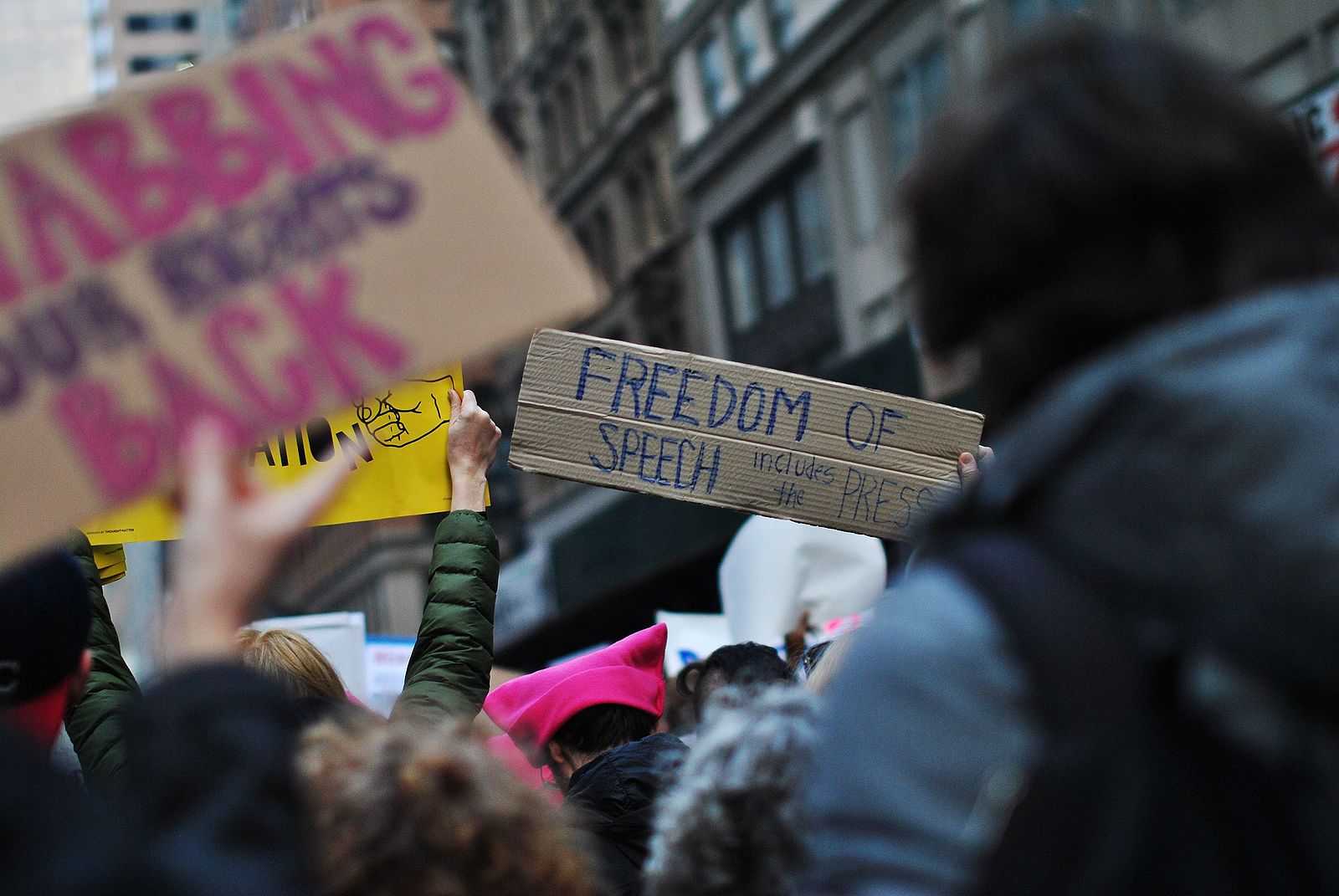Transnational repression is action taken by a State, or its proxy, that is intended to deter, silence or punish those engaged in dissent, critique or human rights advocacy in relation to that State from abroad. It includes acts targeted directly against human rights defenders, journalists or activists, as well as acts targeting them indirectly by threatening their families, representatives or associates. Particularly vulnerable are nationals or former nationals, members of diaspora communities and those living in exile.
Acts of transnational repression range from extrajudicial execution and disappearances, to abduction and illegal repatriation, to digital surveillance and online harassment. States including China, Egypt, Russia and Saudi Arabia are among the worst and most prevalent perpetrators of this practice
The practice of transnational repression is increasingly recognised as a growing threat to human rights, the rule of law and national sovereignty. The practice, and proposals to address it, have been considered in recent reports and statements by the UN Special Rapporteur on Freedom of Expression, the UN Special Rapporteur on Eritrea and the UN Special Rapporteur on Counter-Terrorism, among others.
On 6 June the High Commissioner for Human Rights cited transnational repression of human rights defenders as a key issue following his recent visit to Lao and other countries in the South East Asia region, while on 18 June, in his opening statement to the 56th session of the UN Human Rights Council, he said ‘In the Southeast Asia region, there is a pattern emerging of transnational repression whereby human rights defenders seeking refuge in neighbouring countries have been subject to rendition and refoulement or disappeared and even killed. There are indications this trend may be becoming a global one and so I urge all States to have zero tolerance for such actions and to ensure full accountability of their security forces.’
In her comments to the Human Rights Council on 26 June, UN Special Rapporteur on Freedom of Expression Irene Khan similarly said, ‘Hundreds of journalists who have fled their countries face physical, digital and legal threats from their home governments, including assassination, assault, abduction, as well as prosecution in absentia on trumped up charges and retaliation against family members back home. Safety and security are doubly in peril when the authorities in the host country become an enabler of transnational repression, for instance, by colluding in abductions instigated by the home State.’
From a legal perspective, most acts of transnational repression engage both the responsibility of the State perpetrating the human rights violations, as well as the responsibility of the State in which the violations occur or manifest, including with respect to protection, investigation and accountability. ‘Targeting journalists [and human rights defenders] on foreign soil violates international law and must be condemned strongly and unequivocally by the United Nations,’ says UN Special Rapporteur on Freedom of Expression Irene Khan.
In response to the report of the Special Rapporteur, the US delivered a cross-regional joint statement on behalf of more than 45 States expressing a commitment to:
- Support human rights defenders, journalists, diaspora communities, and others who may be targets of transnational repression;
- Strengthen information sharing and coordinating action against acts of transnational repression; and
- Increase the cost to and holding accountable those who engage in these acts.
States should also desist from providing technologies or tools that may foreseeably be used in acts of transnational repression, including surveillance technology and spyware.
‘In addition to refraining from all acts of transnational repression, it is vital that all States cease supporting or acquiescing in acts of transnational repression (such as through mutual legal assistance, extradition or refoulement to States engaged in the persecution of defenders), refuse to provide the tools of transnational repression (such as spyware and arms), and build community awareness and law enforcement capabilities to recognise, report and respond to acts of transnational repression,’ said ISHR Executive Director Phil Lynch in a recent address to the Council of Europe Steering Committee on Human Rights in Helsinki.
The newly launched Declaration +25 on Human Rights Defenders also includes authoritative guidance to States regarding transnational repression, as well as support for human rights defenders in exile.
Transnational repression has also been addressed by the Council of Europe Committee on Legal Affairs and Human Rights, and NGOs including Amnesty International, Human Rights Watch, Freedom House and the Uyghur Human Rights Project, among many others. Human Rights Watch has recently published a comprehensive Q&A on the topic.




